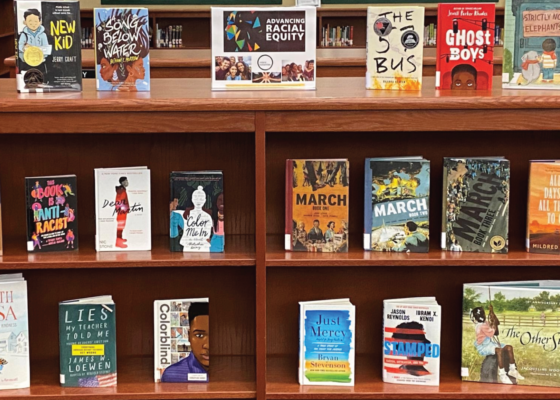New funding available for short films about Indiana waterways
July 8, 2020Indiana Humanities seeks proposals for the creation of high-quality short films (5-15 minutes) that explore Hoosiers’ relationships to our state’s waterways, including but not limited to the White River watershed….
Indiana Humanities seeks proposals for the creation of high-quality short films (5-15 minutes) that explore Hoosiers’ relationships to our state’s waterways, including but not limited to the White River watershed. We plan to award 3-6 proposals that represent a range of stories and viewpoints that complement and/or deepen (rather than repeat) themes and ideas expressed in previous films about Indiana waterways, including those we produced about the White River in 2018-2019.
The 2020 Waterways Film Project builds on the success and momentum of the White River films we funded in 2018-2019, as well as subsequent film projects we have initiated. Film is a special medium that allows for storytelling that complements the other ways we’re inviting Hoosiers to think, read and talk about Indiana waterways, including the White River, through our Next Indiana Campfires program. We are also eager to create more opportunities for Hoosiers to have their own experiences documented and reflected back to them on screen, as well as to support the burgeoning community of filmmakers based in and telling stories about Indiana.
Thanks to special funding from the Nina Mason Pulliam Charitable Trust, at least two of the selected proposals will be about or set along/in the White River and/or the White River watershed.
Our goal is to sponsor the production of educational yet moving films that invite Hoosiers to think, read and talk about the past, present and future of Indiana waterways, with a humanistic lens. While we will consider all proposals, we are especially eager to support films that explore new territory from the ones that have been made about Indiana waterways, including the White River, to date. Possible topics include but are not limited to:
- People of color and/or low-income people’s experiences in and relationship to Indiana waterways, including questions of access and environmental justice, especially in the White River watershed;
- A closer look at farmers and the role of agriculture in shaping the overall health of Indiana’s waterways, or a look at industry and development and its impacts on a specific waterway
- The efforts to imagine and create new recreational opportunities along Indiana rivers, lakes or other bodies of water, and the outcome of these projects
- The historical moments, decisions or individuals/organizations that have impacted the health of specific Indiana waterways over time
- How pollution, overuse and/or climate change is affecting Indiana waterways and how communities are grappling with these changes
- The significance of particular waterways to the history and development of particular Indiana communities and/or the lived, intimate experiences of Hoosiers in relation to their waterways


